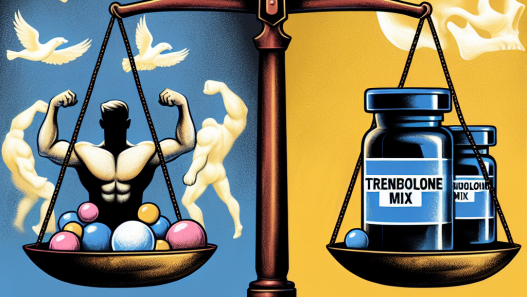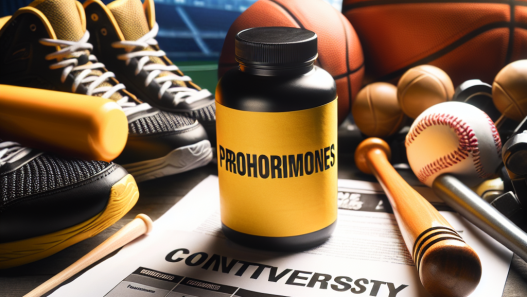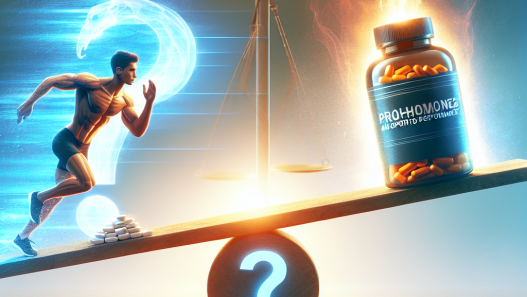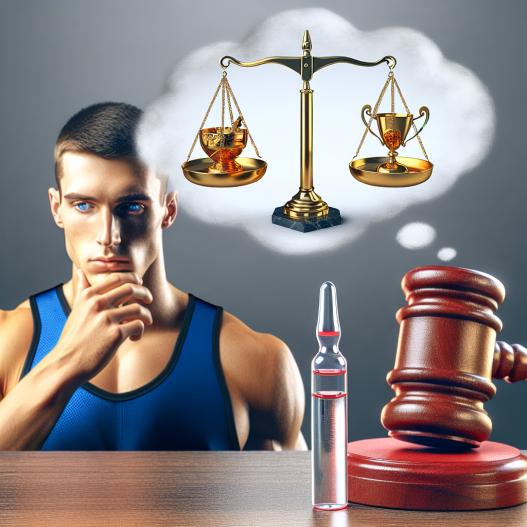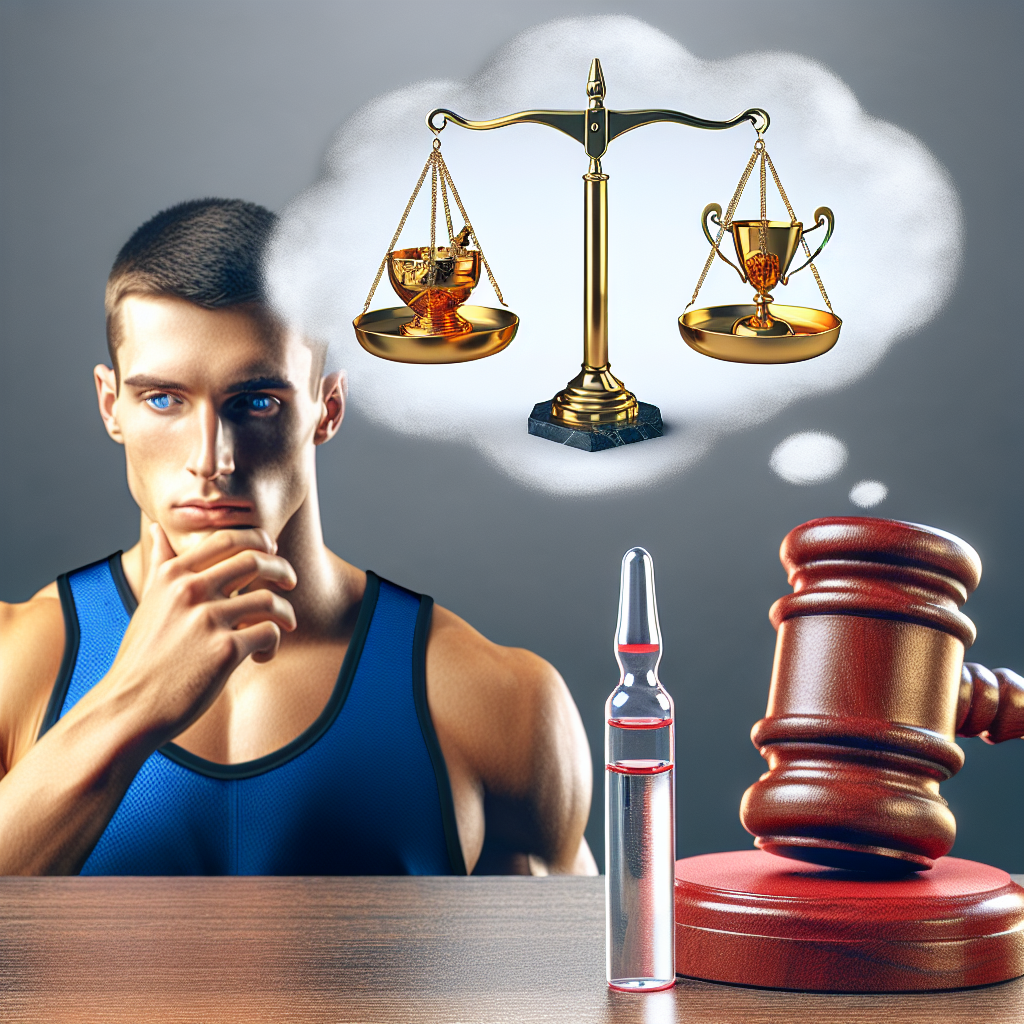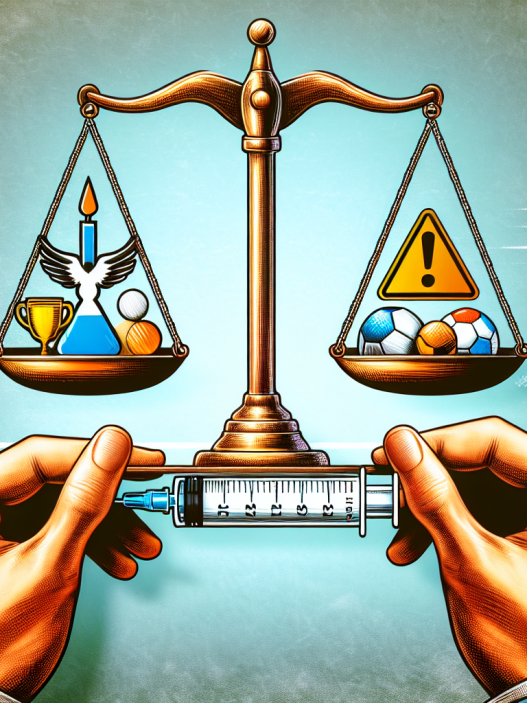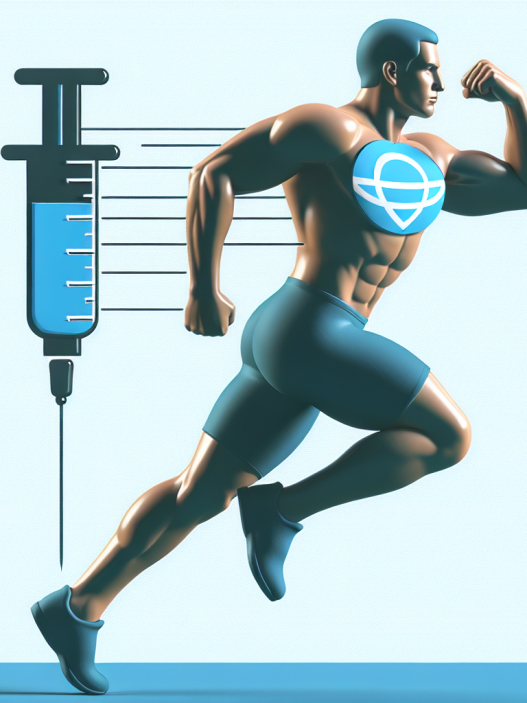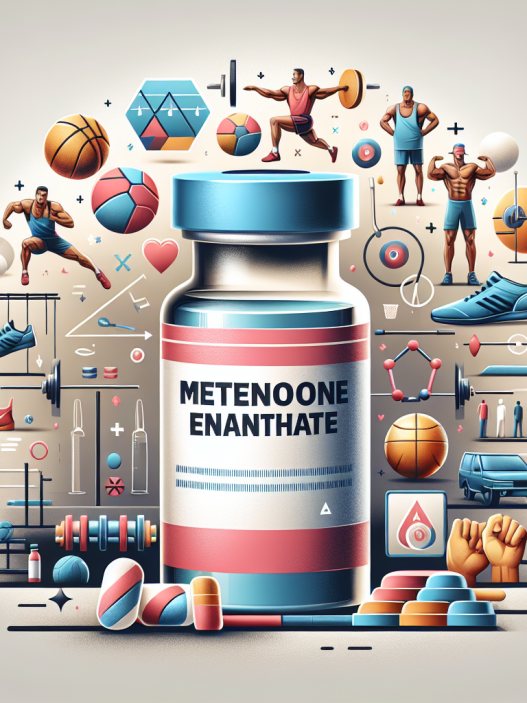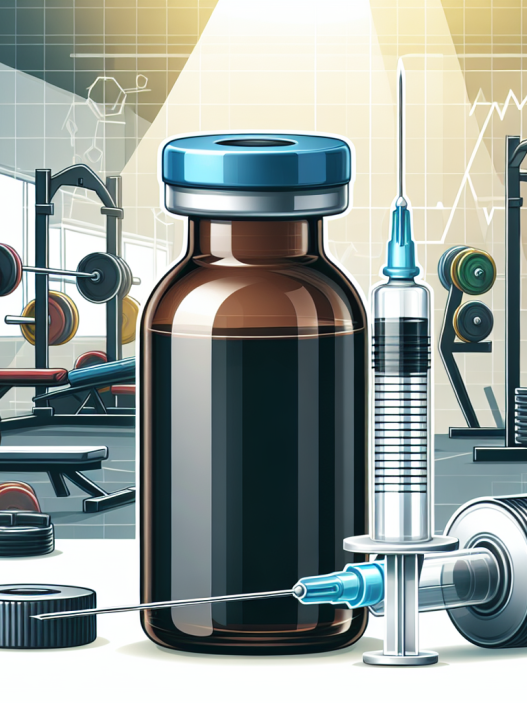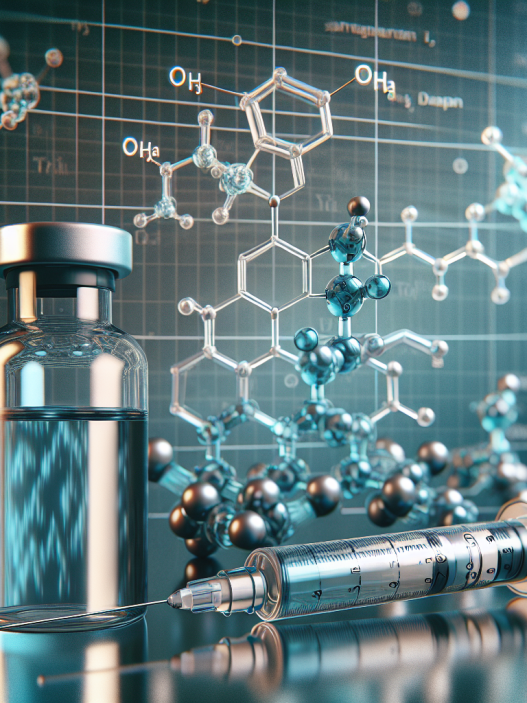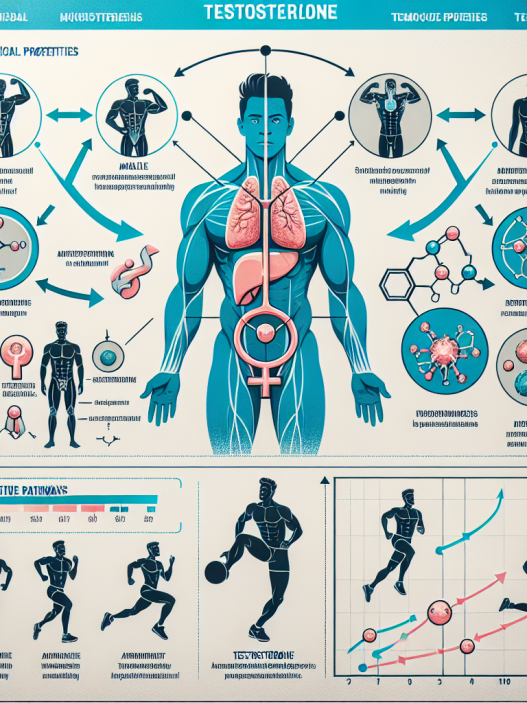-
Table of Contents
The Legal Implications of Nandrolone Decanoate Use in Professional Sports
The use of performance-enhancing drugs (PEDs) in professional sports has been a controversial topic for decades. Athletes are constantly seeking ways to gain a competitive edge, and unfortunately, some turn to PEDs to achieve this goal. One of the most commonly used PEDs in professional sports is nandrolone decanoate, a synthetic anabolic steroid. While it may provide short-term benefits in terms of muscle growth and strength, the use of nandrolone decanoate comes with serious legal implications for professional athletes. In this article, we will explore the pharmacokinetics and pharmacodynamics of nandrolone decanoate, its potential side effects, and the legal consequences of its use in professional sports.
The Pharmacokinetics and Pharmacodynamics of Nandrolone Decanoate
Nandrolone decanoate is a synthetic derivative of testosterone, with a longer half-life of approximately 6-8 days (Kicman, 2008). It is commonly administered via intramuscular injection and is metabolized in the liver. Once in the body, nandrolone decanoate binds to androgen receptors, promoting protein synthesis and increasing muscle mass and strength (Kicman, 2008). It also has a high affinity for the progesterone receptor, which can lead to estrogenic side effects such as gynecomastia (breast enlargement) and water retention (Kicman, 2008).
Studies have shown that nandrolone decanoate can increase muscle mass by up to 20% in just 10 weeks of use (Kicman, 2008). This makes it a highly attractive drug for athletes looking to improve their performance. However, the use of nandrolone decanoate also comes with a range of potential side effects, both short-term and long-term.
Potential Side Effects of Nandrolone Decanoate
Like all anabolic steroids, nandrolone decanoate can have a range of side effects, both physical and psychological. These include:
- Acne
- Hair loss
- Increased aggression
- Mood swings
- Liver damage
- Cardiovascular problems
- Infertility
- Depression
Additionally, the use of nandrolone decanoate has been linked to an increased risk of tendon and ligament injuries, due to its ability to increase muscle mass without strengthening connective tissues (Kicman, 2008). This can be particularly dangerous for athletes who rely on their agility and speed, such as runners and soccer players.
Furthermore, the use of nandrolone decanoate can also lead to a condition known as hypogonadism, where the body’s natural production of testosterone is suppressed (Kicman, 2008). This can result in a range of symptoms, including decreased libido, erectile dysfunction, and even testicular atrophy.
The Legal Consequences of Nandrolone Decanoate Use in Professional Sports
In addition to the potential health risks, the use of nandrolone decanoate in professional sports also comes with serious legal implications. In most countries, the use of anabolic steroids without a prescription is illegal, and athletes who are caught using them can face severe penalties, including fines, suspensions, and even criminal charges.
For example, in the United States, the use of anabolic steroids without a prescription is a federal crime, punishable by up to one year in prison and a fine of $1,000 (United States Drug Enforcement Administration, 2021). In addition, professional sports leagues such as the National Football League (NFL) and Major League Baseball (MLB) have strict anti-doping policies in place, and athletes who test positive for nandrolone decanoate or any other PED can face suspensions and loss of earnings.
One of the most high-profile cases of nandrolone decanoate use in professional sports was that of Canadian sprinter Ben Johnson, who was stripped of his gold medal at the 1988 Olympics after testing positive for the drug (Kicman, 2008). This incident sparked a global conversation about the use of PEDs in sports and led to stricter testing and penalties for athletes caught using them.
Expert Opinion
According to Dr. John Hoberman, a leading expert in the field of sports pharmacology, the use of nandrolone decanoate in professional sports is not only unethical but also poses a serious threat to the integrity of the sport (Hoberman, 2012). He argues that the use of PEDs gives athletes an unfair advantage and undermines the principles of fair play and sportsmanship.
Furthermore, Dr. Hoberman also highlights the potential health risks associated with nandrolone decanoate use, stating that “the pursuit of short-term gains in performance can have long-term consequences for an athlete’s health and well-being” (Hoberman, 2012). He believes that stricter testing and penalties are necessary to deter athletes from using PEDs and to protect their health and the integrity of the sport.
Conclusion
In conclusion, the use of nandrolone decanoate in professional sports comes with serious legal implications, as well as potential health risks. While it may provide short-term benefits in terms of muscle growth and strength, the use of this synthetic anabolic steroid is not only unethical but also poses a threat to the integrity of the sport. Athletes should be aware of the potential consequences of using nandrolone decanoate and consider the long-term effects on their health before turning to PEDs for a competitive edge.
References
Hoberman, J. (2012). Doping in professional sports: a brief history. Journal of Sport History, 39(1), 1-14.
Kicman, A. T. (2008). Pharmacology of anabolic steroids. British Journal of Pharmacology, 154(3), 502-521.
United States Drug Enforcement Administration. (2021). Anabolic steroids. Retrieved from https://www.dea.gov/factsheets/anabolic-steroids

